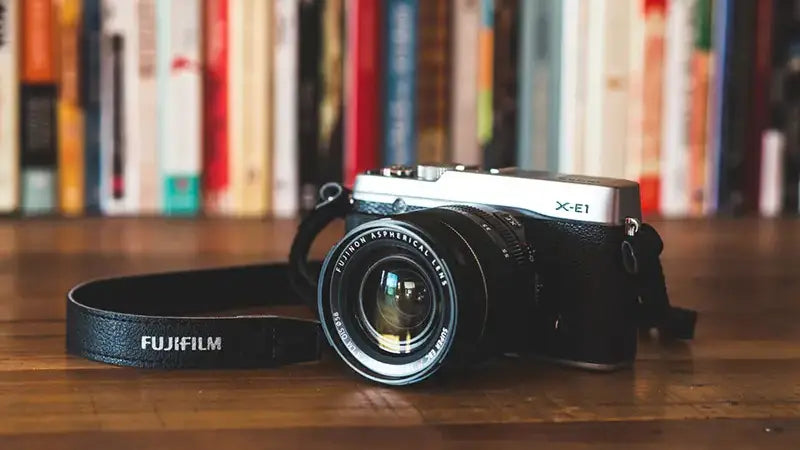Two years ago, South African wedding photographer Eric Uys stumbled upon a great use for the HyperSync feature on PocketWizard's wireless flash triggers: Using it to shoot wide open for a shallow depth of field in daylight conditions with off-camera flash.
Some of you may wonder how he did that, or even what that means, so let's get technical for a second. One of the old conundrums of shooting with flash in daylight conditions is that your shutter speed is locked at the x-sync speed - the shutter speed at which your particular camera syncs with your flashes, usually 1/200s or 1/250s. This means that for a controlled exposure, your aperture will need to be closed down, which is fine if you wanted everything in focus, but what if you want to blur your background for portraiture?

Confused? Don't worry! Just know that it works relatively well for most situations, and therefore allows you to create incredible portraits in challenging lighting conditions.
For more information about PocketWizard's HyperSync, check out the official website, or the in-depth technical wiki. Also take a look at Eric Uys's original findings on the topic in 2011, and the updated article that PocketWizard recently published on their blog.
View our range of PocketWizard radio triggers and accessories on Orms Direct.
Here's a few behind-the-scenes shots of Eric in action:








